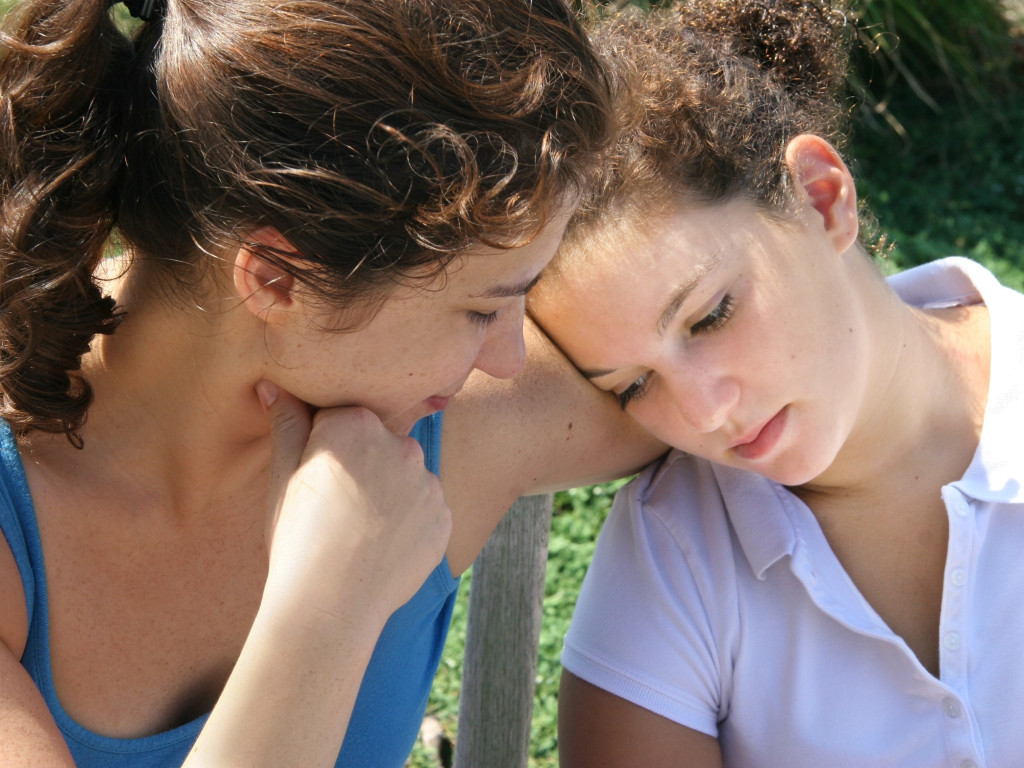Preparing Our Children to Face Rejection, or Failure
Posted on June 8, 2015
Guest post by Kalpana Patel
As a good parent or teacher, we should teach our children that failure is an opportunity for improvement and growth, rather than a blockade deterring us from our greatest potential
– Dr Asa Don Brown
I still remember when my son did not get into the college he had desperately wanted to get into. It was hard to see him going through that phase of life where he was facing rejection, and I thought that we, as parents, should not only help our children deal with failure but also prepare them for failures in life.
It’s not easy trying to get a teen to “accept what the universe is putting you through.” I remember the conversations we had about how “all that happens, happens for the best.” Well, it eventually did! My son worked harder, became more focused, and improved his study habits. The following year, he applied to the college again and was accepted. If he had not experienced that failure, he might not have become so much more serious about his work or would have taken success for granted.
As parents, we always want to see our children succeed at everything. But isn’t failure a part of life? Are we teaching our children how to handle rejection and failure? What happens to them without that lesson, or if they don’t have supportive parents? They learn to deal with failure in other ways, some of which could be harmful. Our children may face failure or rejection early in life or later. Either way, if they have the right attitude, they will be able to overcome the situation without losing hope or becoming depressed.
What are some of the ways we can help children learn to deal with failure at an early age?
1. Teach them that it’s ok not to win every time. This begins in school, when they start to compete in games. They have to understand that no one wins every time. Of course, they need to try their best at whatever they do. But they also need to learn to take failures in their stride.
2. Teach them to take ownership of their failures. Children often like to blame others for their shortcomings. But owning up to a failure will ultimately lead to success. Blaming others will not get them anywhere.
3. Get them to talk about how the failure makes them feel. It is important that your child communicates his or her feelings. That way we know how much they hurt, and we can console them and assure them it’s ok to lose sometime. Sharing their feelings about a failure will also prepare them to communicate about other things in life, rather than letting emotions build up inside.
4. Teach them that failures can be stepping-stones to success, if they are able to sit down and analyze the failure and think about how to overcome it the next time.
5. Teach them to trust the process. When children don’t do well on a test, don’t get into a desired college, or don’t land that perfect job, they need to understand that it’s ok. There’s something they can learn from the experience, and they can utilize their feelings in a positive way toward a positive goal.
6. Most important, is how we, as parents, deal with failure. Let us be positive role models for our children. After all, they learn from what we do.
7. Don’t forget hugs! All of us need them – at any age! So whether your child is 6 or 16, don’t hold back. Remember, the more you give the more you get back. Wouldn’t you love it if you were going through a rough period and your kids came up on their own and gave you a giant hug?
Kalpana Patel is a certified life coach (ICF) and an eating psychology coach, certified at the Institute for the Psychology of Eating. Her main goal in her coaching practice is to help people to love themselves “now” as opposed to waiting to do that only when they “get there.” Getting there could mean different things for different people: Getting the perfect job, reaching the perfect weight, finding the perfect life partner. By loving themselves unconditionally, they are placing the key to their happiness in their own hands. She has a true passion for helping people cultivate unconditional love for themselves, and helping people to form healthy relationships with food.
Follow Kalpana on Facebook and LinkedIn.
Tweet
 “We’re excited that The ‘Perfect’ Parent is joining this year’s list of award-winning products,” says Julie Kertes, NAPPA General Manager.
“We’re excited that The ‘Perfect’ Parent is joining this year’s list of award-winning products,” says Julie Kertes, NAPPA General Manager.
